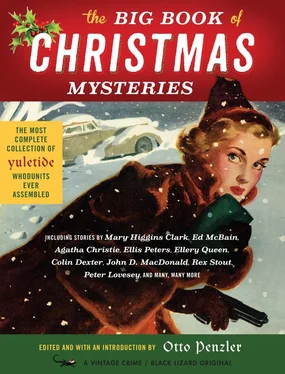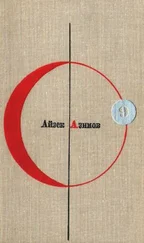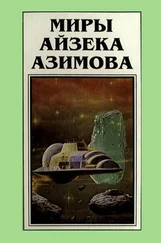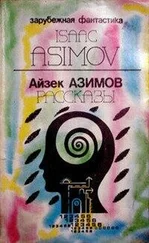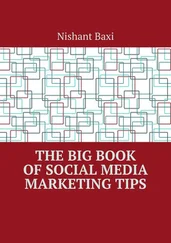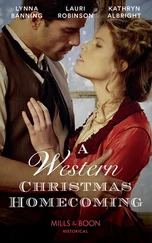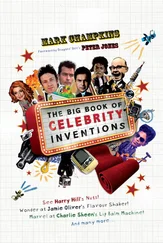“Yes, yes,” said Hercule Poirot. “Of course the matter is serious. I do appreciate that. His Highness has my heartfelt sympathy.”
“The position is one of the utmost delicacy,” said Mr. Jesmond.
Poirot transferred his gaze from the young man to his older companion. If one wanted to sum up Mr. Jesmond in a word, the word would have been discretion. Everything about Mr. Jesmond was discreet. His well-cut but inconspicuous clothes, his pleasant, well-bred voice which rarely soared out of an agreeable monotone, his light-brown hair just thinning a little at the temples, his pale serious face. It seemed to Hercule Poirot that he had known not one Mr. Jesmond but a dozen Mr. Jesmonds in his time, all using sooner or later the same phrase — “a position of the utmost delicacy.”
“The police,” said Hercule Poirot, “can be very discreet, you know.”
Mr. Jesmond shook his head firmly.
“Not the police,” he said. “To recover the — er — what we want to recover will almost inevitably involve taking proceedings in the law courts and we know so little. We suspect , but we do not know .”
“You have my sympathy,” said Hercule Poirot again.
If he imagined that his sympathy was going to mean anything to his two visitors, he was wrong. They did not want sympathy, they wanted practical help. Mr. Jesmond began once more to talk about the delights of an English Christmas.
“It’s dying out, you know,” he said, “the real old-fashioned type of Christmas. People spend it at hotels nowadays. But an English Christmas with all the family gathered round, the children and their stockings, the Christmas tree, the turkey and plum pudding, the crackers. The snowman outside the window—”
In the interests of exactitude, Hercule Poirot intervened.
“To make a snow-man one has to have the snow,” he remarked severely. “And one cannot have snow to order, even for an English Christmas.”
“I was talking to a friend of mine in the meteorological office only today,” said Mr. Jesmond, “and he tells me that it is highly probable there will be snow this Christmas.”
It was the wrong thing to have said. Hercule Poirot shuddered more forcefully than ever.
“Snow in the country!” he said. “That would be still more abominable. A large, cold, stone manor house.”
“Not at all,” said Mr. Jesmond. “Things have changed very much in the last ten years or so. Oil-fired central heating.”
“They have oil-fired central heating at Kings Lacey?” asked Poirot. For the first time he seemed to waver.
Mr. Jesmond seized his opportunity. “Yes, indeed,” he said, “and a splendid hot water system. Radiators in every bedroom. I assure you, my dear M. Poirot, Kings Lacey is comfort itself in the winter time. You might even find the house too warm.”
“That is most unlikely,” said Hercule Poirot.
With practised dexterity Mr. Jesmond shifted his ground a little.
“You can appreciate the terrible dilemma we are in,” he said, in a confidential manner.
Hercule Poirot nodded. The problem was, indeed, not a happy one. A young potentate-to-be, the only son of the ruler of a rich and important native state, had arrived in London a few weeks ago. His country had been passing through a period of restlessness and discontent. Though loyal to the father whose way of life had remained persistently Eastern, popular opinion was somewhat dubious of the younger generation. His follies had been Western ones and as such looked upon with disapproval.
Recently, however, his betrothal had been announced. He was to marry a cousin of the same blood, a young woman who, though educated at Cambridge, was careful to display no Western influences in her own country. The wedding day was announced and the young prince had made a journey to England, bringing with him some of the famous jewels of his house to be reset in appropriate modern settings by Cartier. These had included a very famous ruby which had been removed from its cumbersome old-fashioned necklace and had been given a new look by the famous jewellers. So far so good, but after this came the snag. It was not to be supposed that a young man possessed of much wealth and convivial tastes should not commit a few follies of the pleasanter type. As to that there would have been no censure. Young princes were supposed to amuse themselves in this fashion. For the prince to take the girlfriend of the moment for a walk down Bond Street and bestow upon her an emerald bracelet or a diamond clip as a reward for the pleasure she had afforded him would have been regarded as quite natural and suitable, corresponding in fact to the Cadillac cars which his father invariably presented to his favourite dancing girl of the moment.
But the prince had been far more indiscreet than that. Flattered by the lady’s interest, he had displayed to her the famous ruby in its new setting, and had finally been so unwise as to accede to her request to be allowed to wear it — just for one evening!
The sequel was short and sad. The lady had retired from their supper-table to powder her nose. Time passed. She did not return. She had left the establishment by another door and since then had disappeared into space. The important and distressing thing was that the ruby in its new setting had disappeared with her.
These were the facts that could not possibly be made public without the most dire consequences. The ruby was something more than a ruby, it was a historical possession of great significance, and the circumstances of its disappearance were such that any undue publicity about them might result in the most serious political consequences.
Mr. Jesmond was not the man to put these facts into simple language. He wrapped them up, as it were, in a great deal of verbiage. Who exactly Mr. Jesmond was, Hercule Poirot did not know. He had met other Mr. Jesmonds in the course of his career. Whether he was connected with the Home Office, the Foreign Office, or some more discreet branch of public service was not specified. He was acting in the interests of the Commonwealth. The ruby must be recovered.
M. Poirot, so Mr. Jesmond delicately insisted, was the man to recover it.
“Perhaps — yes,” Hercule Poirot admitted, “but you can tell me so little. Suggestion — suspicion — all that is not very much to go upon.”
“Come now, M. Poirot, surely it is not beyond your powers. Ah, come now.”
“I do not always succeed.”
But this was mock modesty. It was clear enough from Poirot’s tone that for him to undertake a mission was almost synonymous with succeeding in it.
“His Highness is very young,” Mr. Jesmond said. “It will be sad if his whole life is to be blighted for a mere youthful indiscretion.”
Poirot looked kindly at the downcast young man. “It is the time for follies, when one is young,” he said encouragingly, “and for the ordinary young man it does not matter so much. The good papa, he pays up; the family lawyer, he helps to disentangle the inconvenience; the young man, he learns by experience and all ends for the best. In a position such as yours, it is hard indeed. Your approaching marriage—”
“That is it. That is it exactly.” For the first time words poured from the young man. “You see she is very, very serious. She takes life very seriously. She has acquired at Cambridge many very serious ideas. There is to be education in my country. There are to be schools. There are to be many things. All in the name of progress, you understand, of democracy. It will not be, she says, like it was in my father’s time. Naturally she knows that I will have diversions in London, but not the scandal. No! It is the scandal that matters. You see it is very, very famous, this ruby. There is a long trail behind it, a history. Much bloodshed — many deaths!”
Читать дальше
